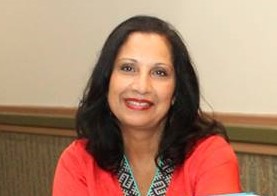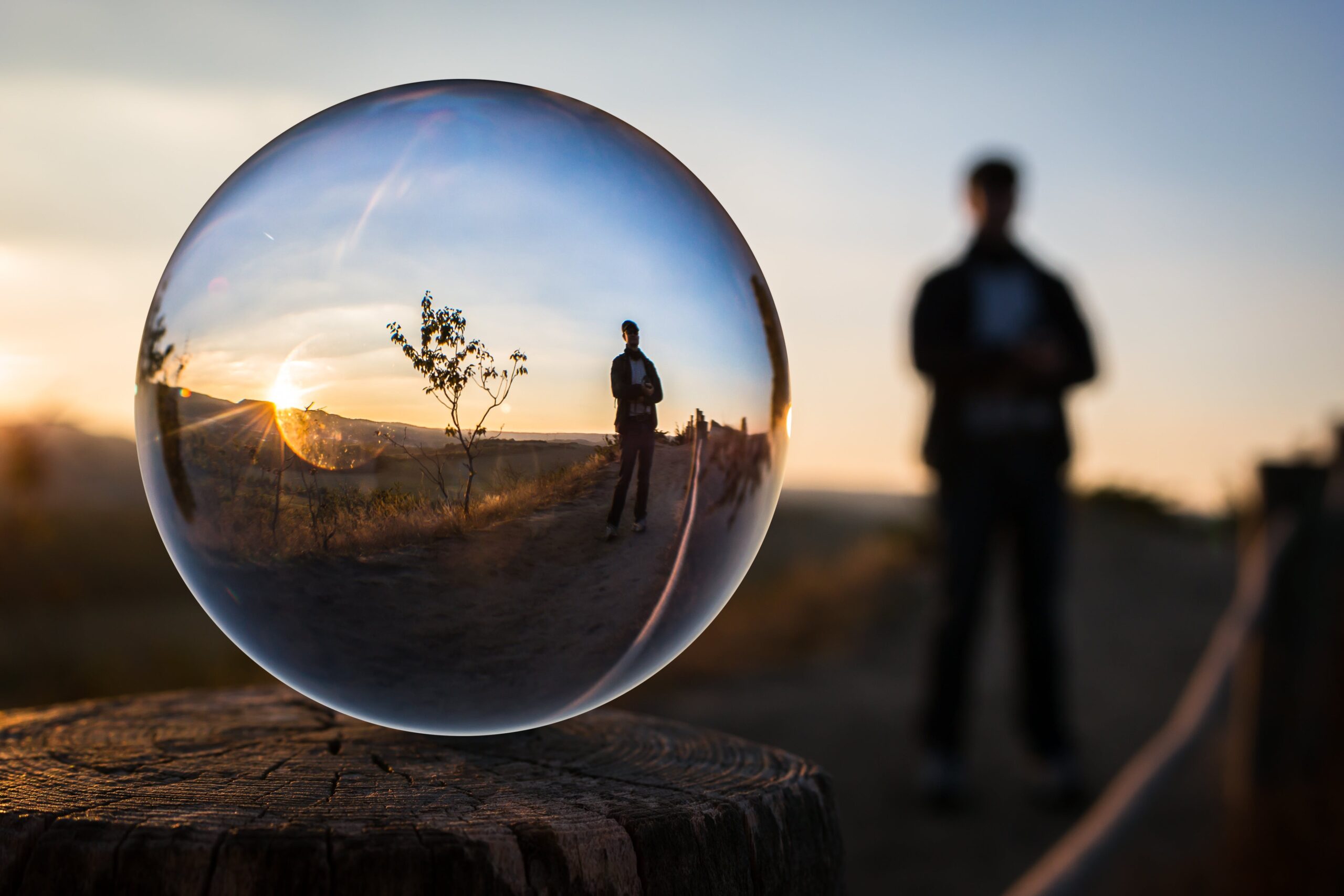In one of my previous blogs- Gifts of Adversity – I talked about how exciting it is to have the opportunity to use adversity to go within, and use it to observe more deeply our own life so that a change process can take place. We begin to examine the assumptions and beliefs we carry with us without questioning; we challenge the activities that we do on auto-pilot; we reinvent or shed habits that don’t serve our stage in life anymore; we stop living into what others think we “should” be; and most importantly we begin to appreciate our own insignificance and transience. I am grateful that I even have this opportunity.
What is even more exciting is how this type of reflection leads to unbounded creativity and openness to change. Just today I was texting with a friend. She said you will be back hiking with your friends in no time after your ankle heals, like the good old days! And I said, no I think I will not be going back to the same old Mino I was. To others, I may become a boring Mino- one who does not want to party late into the night, just because it is a definition of fun in our culture; I may not want to hike just to get in my 10,000 steps because my ankle will be a different ankle than it was 3 months ago; I may say No more often than Yes leaving my old people pleasing self behind; who knows what new facets will emerge? I may question everything, and I might change everything or just change some things. So while my body is regenerating new cells and even bone as I heal, I am regenerating my whole identity structure. It is a golden opportunity.
We begin to see what values we hold dear. And if we were living out of synch from those values, this is an opportunity to revive them and live by them. In the Western definition of “self”, this could lead to a whole departure from the old self to a new self. But in what I call the Eastern definition of “self”, the new self reinvents itself in concert with the larger “We” that it is a part of, i.e. family, friends, community, etc. The context is critical. E.g. if I have a young family and I decide to go climb Mt. Kilimanjaro because that is how I will find my true calling, that is a purely selfish and fragmented reinvention with no concern or value for loved ones and those who depend on me. Right there, a value has been violated. That is why, the values come first in any reinvention.
Who do you want to be, the little “i” that is interconnected, interrelated and interdependent with all those around you and the context you are a part of. That relatedness is the context out of which your reinvention should happen, not by breaking all those precious ties. There is always a way to reinvent without destroying all that has been built up- that is my belief. When we reinvent from a place of negation- “I don’t want to do that anymore”, it is not as powerful as a place of generation- “I want to change this aspect because it will fulfill me or give me inner peace”
As human beings we are so gifted. We have so many gifts that we don’t even use. And certainly self-reflection is a big one. As a dialogue practitioner, I have found out that when we engage in deep dialogue with others, and get vulnerable and are willing to examine ourselves more than examining others, we discover the true power of self-reflection. So self-reflection happens in concert with others, especially if they are different and there is a strong spectrum of diversity that fuels this self-reflection.
It is a power that grows stronger the more we practice it. And as we get stronger, we are able to reflect back into our families and communities this skill. And others may begin to practice it. This ultimately leads to inner peace or “rida” meaning contentment in Sufi thought. It is very simple. We can only control our responses and reactions to what is going on around us. And when we accept that and work on that, we find inner peace. It is not a permanent state of nirvana or something, but a state of acceptance that enjoys the continuous work of self-reflection and sees its benefits as they appear in our outer relationships and interactions.


Be First to Comment